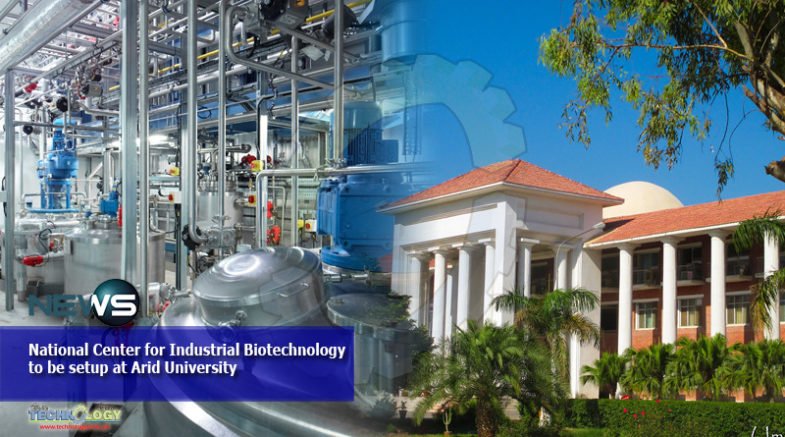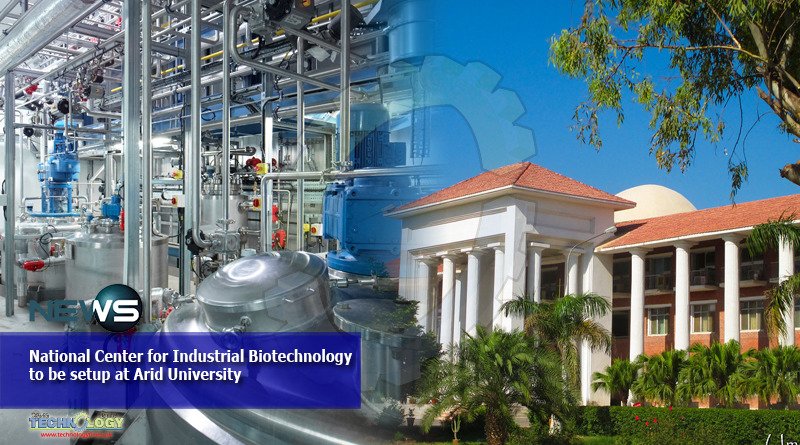For pilot manufacturing of bio products through synthetic biology and metabolic engineering technologies, PMAS Arid Agriculture University Rawalpindi will setup National Center for Industrial Biotechnology (NCIB) through funding of CDWP.

A high-profile meeting of Central Development Working Party (CDWP) under the chairmanship of Deputy Chairman Planning Commission Jehanzeb Khan approved a total funding of PKR 139.775 million for establishment of NCIB to pilot manufacturing bio-products using synthetic biology and metabolic engineering technologies at Pir Mehr Ali Shah Arid Agriculture University Rawalpindi (PMAS-AAUR).
The objective of establishing this national centre is to develop a facility that can provide value addition to natural products isolated from plants and those derived from microbial origin. The NCIB will develop state-of-the-art technological infrastructure to lead the research for value-addition and will link academia-industry for scaling the innovations in bioproducts.
This Center will help train highly qualified personnel and produce exportable agricultural products to generate revenue and increase agricultural export in coming years. The Center will also provide guidance and assistance to farming community for sustainable agriculture in Pakistan.
Prof Dr Qamar Zaman, the Vice Chancellor called it a unique collaborative effort where academia, industry and other stakeholders will interact, participate, and share their research and experiences. He said that Arid University will act as a nucleus of all activities. “The project will bring a revolution in the field of industrial biotechnology, tissue culture, hydroponics systems, and digital agriculture”, he further added.
The vice chancellor’s dream is to develop academia, industry and government ties for cultivating agricultural system. Following his dreams, during the last six months, several national and international seminars, workshops on triple helix of academia, industry, government linkages were conducted at the university.The PMAS-AAUR plans to establish NCIB with the quantifiable objectives of establishment of national-level integrated bio-separations infrastructure, sustainable quality biomass production through integrated controlled climatic environment, smart digital farms, production of market-based biotechnology products and human resource development based on cross-disciplinary synergies.
